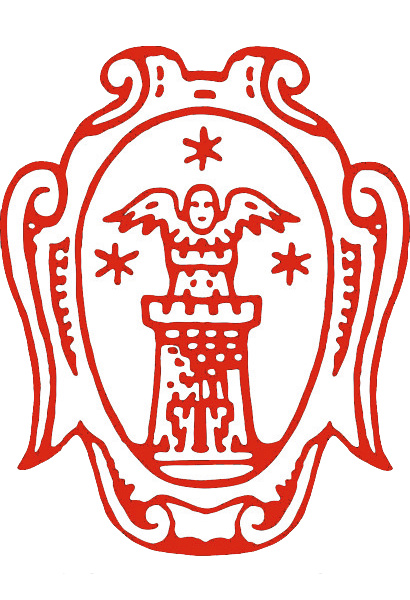Enrico Noris was born in Verona in 1631. At the age of 15 he donned the Augustinian habit. He taught theology in the chairs of his Order in Pesaro, Perugia and Padua. In 1674 Magliabechi called him to Florence where Cosimo III entrusted him with the chair of ecclesiastical history at the University of Pisa and the education of his son Giovanni Gastone. Christina of Sweden invited him to her Academy, which he entered under the name Lucrate Agoretico.Noris, a scholar and innovator of Augustinian theology, and promoter of the “Augustinianism” movement, attempted to bring the Order back to a more intimate religiosity through direct study of the sources and rejection of the mediation offered by scholastic philosophy. His library contains the works of John Calvin, Cardinal Bona, Ponce de Leon and Gherardus Vossius, whose Historia de controversiis quas Pelagius reliquiaemoverunt served as the basis for the apologia of St. Augustine in which Noris engaged.”Augustinianism” had to contend with the controversies that invested the Order at that time because of the interpretations of St. Augustine that were being elaborated beyond the Alps by Jansenius and Quesnel.
The fact that Luther had been an Augustinian and had based his dissent from the Catholic Church on a new interpretation of the “theory of grace” that he traced back to St. Augustine’s meditation had pushed the Augustinian Order to the forefront, which undertook to disseminate a correct interpretation of the saint’s works in order to definitively prove his orthodoxy.
At that time, the works of Augustinian scholars were subject to special attentions by the Congregation of the Index, and Noris, too, suffered the rigors of censorship: his studies on religious thought were from time to time praised or inquired into and earned him accusations of heresy on the one hand and major criticism in the ecclesiastical hierarchy on the other. He for the publication ofHistoria Pelagiana (1673) was accused of Baianism and Jansenism but, while his opponents denounced his writings as heretical, Pope Innocent XII called him as a consulter of the Holy Office and, in 1692, appointed him the first custodian of the Vatican Library. In 1695 he was made cardinal with the title of St. Augustine and in 1700 librarian of the Holy Roman Church. He was one of the leading scholars of the 17th century, admired by many greats of the time for his vast and confident knowledge in sacred and secular history, archaeology, chronology, and numismatics, and for his numerous literary output.
In 1704 Enrico Noris died in the convent of Sant’Agostino in Rome to which he left his book collection that later merged into the Angelica Library.



